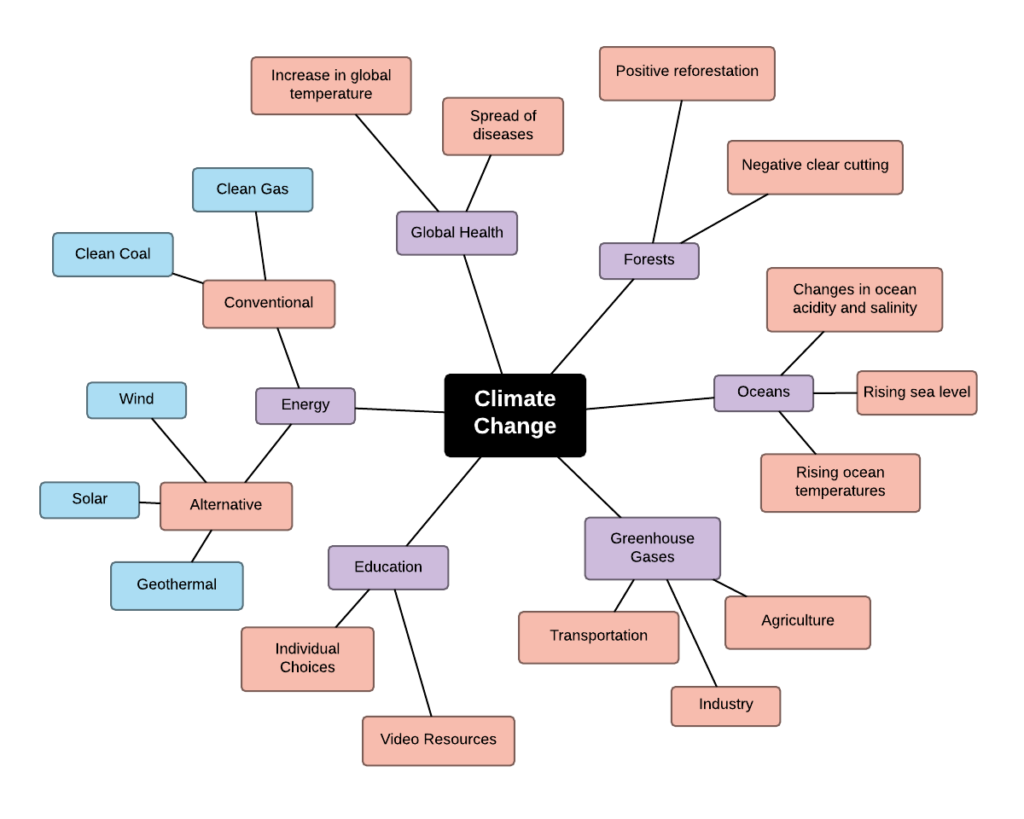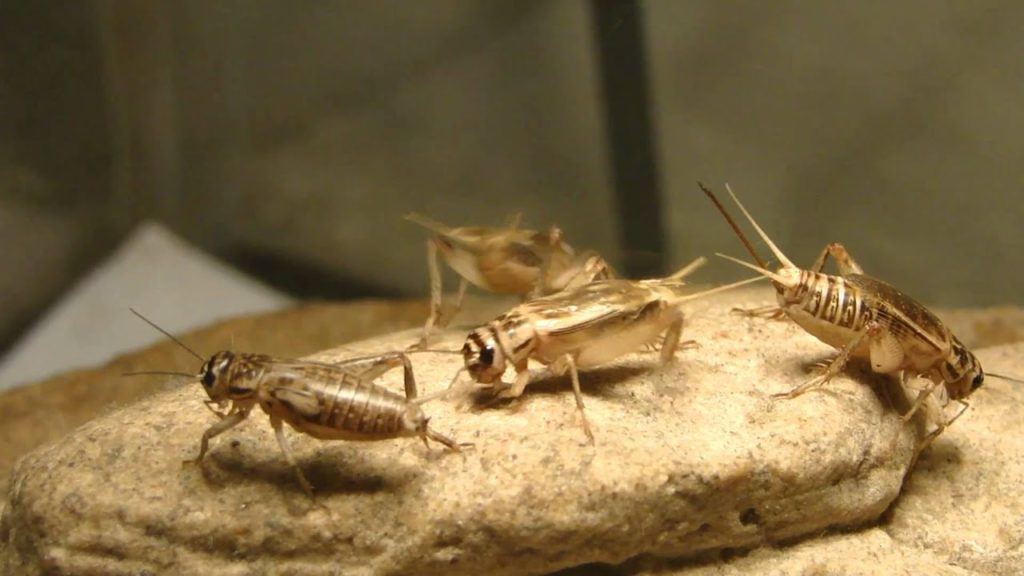
Experiment for Science Exhibition: Basics of Building a Winning Science Experiment
If you are studying in a school you may have observed that not many of your classmates would call science their favourite subject. Science is somewhat challenging to study. Even if you chose science at your junior college, you’d come across a significant number of your classmates telling, they chose science because it would help them get higher paying jobs.
However, learning science is not just about being recognized as an edgy scholar, or preparing for a highly reputable profession. It’s an exciting world of inventions that have, and continue to transform the world.
Count yourself lucky if you find science exciting rather than tedious- after all it has given us wings, quite literally. Who’d have believed that humans would fly, if it was not for Wright brothers to invent the aeroplane? If you have great scientists for your idols, and wish to be like them someday, a science exhibition should sound like an exceptional opportunity to you.
Experiment for Science exhibition is a platform that can give you exposure as a budding scientist – something that will catch the attention of the people who are themselves passionate about science and may show interest in supporting your passion too. It can also win you cash rewards that can fund your further research. The experiment for science exhibition has to be unique and exceptional though.
After registering your participation in a science exhibition, choosing a topic for an experiment to present turns out to be the next big question. You may turn to your teacher for help on the matter, but that’s not the only way to decide upon an experiment. If you wish to achieve remarkable success at a science exhibition, this article will share some valuable insight into how to go about the hunt.
It all begins with an Idea!
What comes to your mind, when you think of a science experiment matters a lot while building a worthy project. A chemist mixing fluids in test tubes might be the image you conceive; probably your interests are rooted in chemistry. Similarly, you might have visions of a physicist solving a great equation, or an astronomy expert busy with telescopes. As you write down your interests on a paper sheet, your journey of exploring ideas begins. Narrowing down further helps you determine the path you’d follow.

A number of techniques like the ‘mind-web’ help you arrive at the idea that your science experiment will be focused on. You begin by writing a keyword at the centre of a blank sheet, and proceed by writing more related words around it. This exercise when repeated over and over, helps you understand your interests and come up with concepts that can be conveniently transformed into a science experiment.
If you feel totally clueless about how to begin, reading science periodicals or science fair journals can be helpful. It will introduce you to trends and topics to choose from. Even if you find a topic very striking and irresistible to consider for your own science experiment, you can take it up by making small alterations in order to build an original experiment.
Don’t go for a topic that has earned a huge acclaim but does not really interest you. You might end up building an experiment that feels like a labour to you, and boring to your audience. Rather stick to a concept that you find interesting to enjoy the process. A science experiment can be rooted in a curiosity as common as, ‘does the chirping of crickets change with changing phases of the moon?’
Following it through Scientific Method-
A science experiment is usually built around evidencing a probability to check its factuality. It’s likely that chirping of crickets might be affected by the phases of moon. But if you say that it grows with the brightness of the moon, and don’t support it with empirical evidence, it’s just your opinion. Evidence counts for the difference between an opinion and a fact. And scientific temper is about vigorous evidencing. That’s why your science experiment must be built through scientific method.

You begin by developing questions based on your observations. For instance, in case of the observation that crickets chirp louder on a few nights as compared to the rest, you frame a question – why do crickets chirp louder on a few nights than the rest? Such question may begin with the 5 Ws and 1 H, namely why, who, what, when, where and How. Once you are clear about the question you’d like to investigate, you proceed by writing down the likely answers to it. These answers serve you as hypothesis- the crucial starting point of scientific enquiry.
In the example of chirping crickets, you may come up with possibilities like, the chirping gets louder of mellower according to changing weather, or say, the stages of their life, or according to the changing phases of the moon. Three different possibilities give you three different hypotheses, of which you go ahead with the one that’s most appealing – the chirping of crickets changes according to changing phases of the moon.
To check the factuality of the hypothesis that you have developed, you must design an experiment that generates valuable data. You may measure the intensity of the chirping of crickets in decibels and the brightness of the moon in lux. The changing numbers can be cited to conclude if the chirping of crickets is proportional to the intensity of the moon’s light on earth.
Identifying the scientific method to adopt for your experiment is a crucial step towards accomplishment. Knowing about the five broad categories of science experiments at an exhibition shall guide you efficiently.
Types of Science Experiments for Exhibition:
Identifying or deciding upon the type of the science experiment you would like to build will enable you to proceed with confidence and clarity. Your science experiment may fall into one of the following five categories.
- Descriptive: Rather than investigating a fresh question, a descriptive experiment presents an existing situation through elaborative communication aids. It may include common experiments that demonstrate phenomena related to the situation.
- Collection: Usually during the primary years of schooling, students are asked to compile a collection of units that evidence diversity. Types of leaves is an example.
- Demonstration: Layman may not understand how evaporation of water in the ocean leads to rainfall. A demonstrative science experiment is built to explain such general laws of science and nature.
- Engineering: Engineering projects are for those who love to build prototypes that elaborate on devices, materials and technology. It suggests improvements to the existing prototypes by the means of designing and analysis.
- Experimentation: Being the most common type of science experiment expected from students in the higher classes, it puts their understanding of scientific concepts to test. It requires them to carry out ‘fair test’ and report the findings.
While checking out a list of science experiments for exhibition on the internet, don’t forget to think about how they were built in the first place, and what questions and hypotheses may have led to accomplishing them successfully, and what were the scientific methods used to generate data. Experiments available online are not for replicating, but to understand the scientific methods. A few reputed science exhibitions strictly prohibit replication of projects.
This article about building an award winning science experiment for a science exhibition is presented by ARMIET Engineering College which is scheduled to host its very own annual interschool and intercollegiate science exhibition, SciParatus 2020, in Jan 2020.



